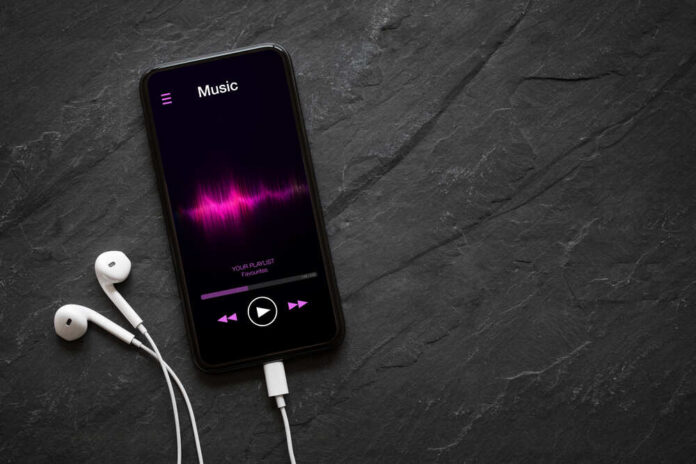
Artificial intelligence is creating new issues faster than society can deal with them. That is the impression after a viral song featuring AI-generated vocals strikingly similar to artists Drake and the Weeknd was yanked from streaming music services this week.
Though it is not the first track to run afoul of copyright laws using AI, it created a unique set of challenges for those who seek to block celebrity sound-alikes.
For example, a recent AI-generated tune mimicked Rihanna’s voice on a rendition of Beyonce’s “Cuff It.” The law is unclear on Rihanna’s potential actions against the producers, but Beyonce and her management have a clear legal path to pursue over copyright infringement.
For Drake and the Weeknd, their options are not so apparent.
Even though the singers and Universal Music Group were able to stifle the AI-produced tune, it is unclear whether they actually had the legal right to do so. There will certainly be a case that sets the precedent on whether copyright claims are applicable to voices themselves.
Drake has more robot problems on his hands — after his record label pulled the plug on one viral AI song that was using his voice … two more, which are also solid, have cropped up. https://t.co/9NRuQwDMBJ
— TMZ (@TMZ) April 19, 2023
Universal Music Group argued the song violated copyright law and that streamers had a “legal and ethical responsibility” to pull the recording.
However, the song that sounds so much like the two famous singers is an original composition.
Titled “Heart on My Sleeve,” the track was created by a social media user who goes by Ghostwriter977 and attracted over 2.5 million TikTok likes.
That was before Apple, Deezer, and Tidal yanked the song Monday afternoon. Later TikTok, Spotify, and YouTube were asked to deplatform it.
The recording was streamed on Spotify 629,439 times before being deleted. The BBC reports that at the streaming service’s lowest royalty rate, $0.003 per stream, it earned roughly $1,888.
Universal Music Group issued a statement asking “which side of history all stakeholders in the music ecosystem want to be on.” It said they may side with artists, fans, and human creative expression.
Or they may align with “deep fakes, fraud, and denying artists their due compensation.”
Experts speculate on whether both domestic and international law prohibit the use of AI for voice generation and musical performances. A “deepfaked” voice that does not duplicate a specific performance is not only unlikely to violate copyright laws, but it may be protected in its own right.



























